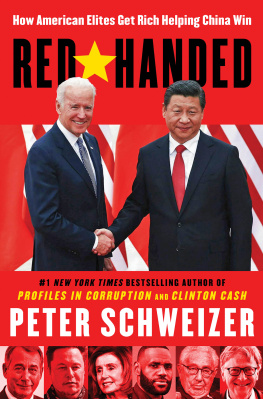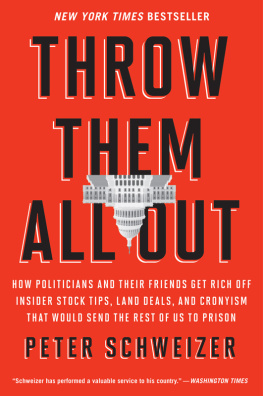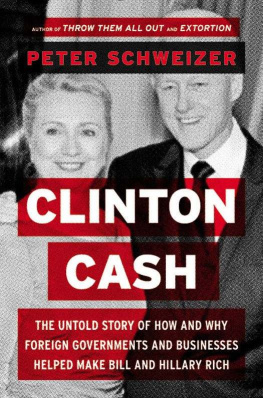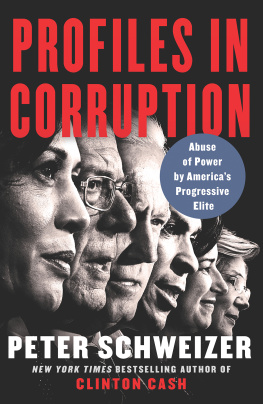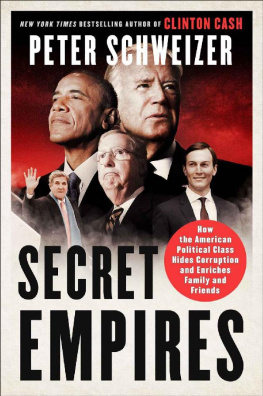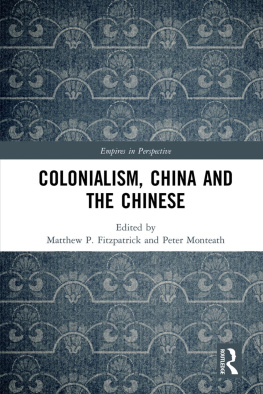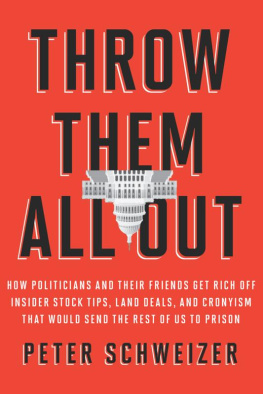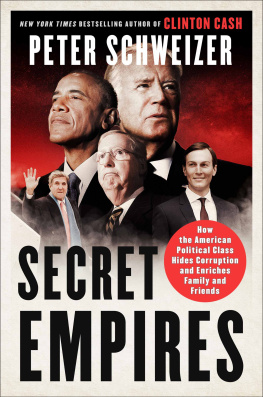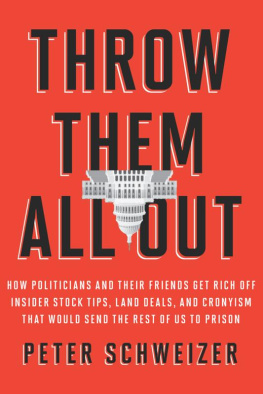Contents
Guide
To W
... a brother is born for adversity.
Proverbs 17:17
The welfare of the people... has always been the alibi of tyrants... giving the servants of tyranny a good conscience.
Albert Camus
The Rope
The world is undergoing great changes unseen in a century, but time and momentum are on our side. This is where our force and vigor reside, and it is also where our determination and confidence reside.
President Xi Jinping, January 2021
The capitalists will sell us the rope with which to hang them.
There is little evidence that Vladimir Lenin uttered those exact words. What he did say, however, was more precise, if less catchy: They [capitalists] will furnish credits which will serve us for the support of the Communist Party in their countries and, by supplying us materials and technical equipment which we lack, will restore our military industry necessary for our future attacks against our suppliers. To put it in other words, they will work on the preparation of their own suicide.
On another occasion, a Soviet source reports him having written: The whole worlds capitalists and their governments, as they pant to win the Soviet market, will close their eyes to the above-mentioned reality and will thus transform themselves into men who are deaf, dumb and blind. They will give us credits... they will toil to prepare their own suicide.
While Lenins Soviet Union receded into the pages of history, the Leninist mentality is still a current event. And today on Wall Street, in Silicon Valley, and in Washington, too many play deaf, dumb, and blind while selling rope. And the buyer is Beijing.
Throughout this book, I will refer to the challenges we face from Beijing. By Beijing, I mean the dictatorial regime of the Chinese Communist Party (CCP), which controls the Peoples Republic of China. The threat we face is from political Beijing, not the Chinese people. Indeed, it would be accurate to say that the Chinese people are the biggest victims of the CCP.
By rope, I am talking very specifically about technology, money, intelligence, or even political support given to the communist regime. This rope enhances the military or strategic capabilities of Beijing, anything that advances their position in competition with the United States. I am not talking simply about general commerce with China.
For decades, the proverbial wisdom has been that China was going to liberalize. We were told by political figures and members of the business class that China would become more open. China was not a threat; it was a Western wannabe. Give them free trade, access to technology, and American capital, and they would become more like us. This attitude has proliferated into a new establishment consensus, one that conveniently enriches many American elites. Beijing is happy to encourage this false assumption to advance their own very different political agenda.
Of course, China has not liberalized. It has become more aggressive and repressive. Yet those elites who advised us on such a course of action got fabulously wealthy along the way.
Should we let lobbyists represent Chinese companies in the corridors of American power? Should we be investing our 401(k)s in Chinese companies? Should we keep thinkingagainst all evidencethat we can engage with China and make it a positive force on the planet?
Twenty-five years ago, it might have been reasonable for Americas elite to believe they could make Beijing more America-friendly by cultivating relationships with certain Chinese officials, but the exact opposite has happened. Beijing forged ties and gave money and deals to certain American elites, who became more friendly to the Beijing regime.
The culpability of those elites in what we are experiencing todayan increasingly powerful and aggressive Chinacannot be overestimated.
Members of this special class either seek or are approached with lucrative deals, market access, and accolades. In return, navely or not, strategic and economic benefits flow to the Beijing regime. This has been a vital approach pursued by the communist government, a strategy first proposed by Mao in 1956: yangweiZhongyong, or make the foreign serve China. More than sixty years later, the strategy has only become more aggressive. Beijing offers deals, inducements, praise, and access to seduce foreign elites into serving their interests.
In the world of espionage, practitioners use the term elite capture to describe successful efforts to essentially buy off members of a countrys leadership. Opportunities to get wealthy are a key motivator. Beijing hopes that at a minimum this approach will neutralize members of the elite by making them less critical or resistant to their policies, or at a maximum turn them into actual advocates for Beijings position. But for some, there are other motives beyond just money.
As we will see, too many of Americas political, tech, and finance elites share an infatuation with dictatorship. They seem quite content withindeed, even endorsethe notion that we should trust people to pick their breakfast cereal but not their government leaders. They believe the Beijing dictatorship is more efficienteven a better system overallthan representative democracy. Their endorsements are often quoted by Chinese government media. In short, American elites are granting legitimacy to the Chinese government and are rewarded with large financial deals.
Some prominent figures will point to a negative statement they have made about the Beijing regime as evidence that they are tough on China. But this is largely a diversion. To be clear, Beijing does not require American collaborators to toe the party line. Beijing pragmatically accepts some level of public criticism from the elites with whom it is working. The idea is known as big help with a little badmouth. Tolerating some dissent and criticism from its foreign partners is wise because it maintains their partners cloak of credibility in the eyes of the American public. As long as these elites deliver on key policies and actions that benefit the regime, some criticism is acceptable.
So, who exactly are these American elites who, in deed if not in word, wittingly or unwittingly, promote the dictatorial Beijing regime? Some of the most prominent names in Big Tech, Wall Street, and American politics figure into this story.
This book will bring into focus what many of us have known, anecdotally, for decades: leading Americans have collaborated extensively with a brutal regime for personal gain.
We will continue to consider the case, with new evidence, of arguably the most powerful man in the world making excuses for Beijing while his family secured multiple deals with Beijing worth tens of millions of dollars. This, through the courtesy of individuals with direct ties to Chinese intelligence.
We will bring to light another presidential family that has benefited through two generations from deals with Beijinga family whose members now appear on Chinese state television touting the regimes accomplishments.
We will turn to Capitol Hill and draw the curtain back on the U.S. Speaker of the House, whose family has enjoyed profitable, decades-long dealings with Beijing, allowing it to influence their positions on the most important issues of the day.
We will meet a powerful U.S. senator, chair of the Senate Intelligence Committee, who has excused Beijings actions while her family secured a string of deals with China.
We will be introduced to former U.S. senators and members of Congress who are now on the payroll of Beijing and military-linked firms, lobbying on their behalf in the corridors of Washington.
We will be introduced to several former U.S. ambassadors to China who are now getting rich working for Chinese entities in the United States.

